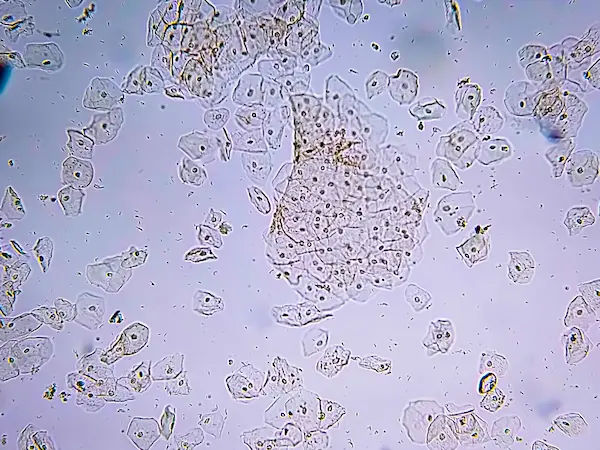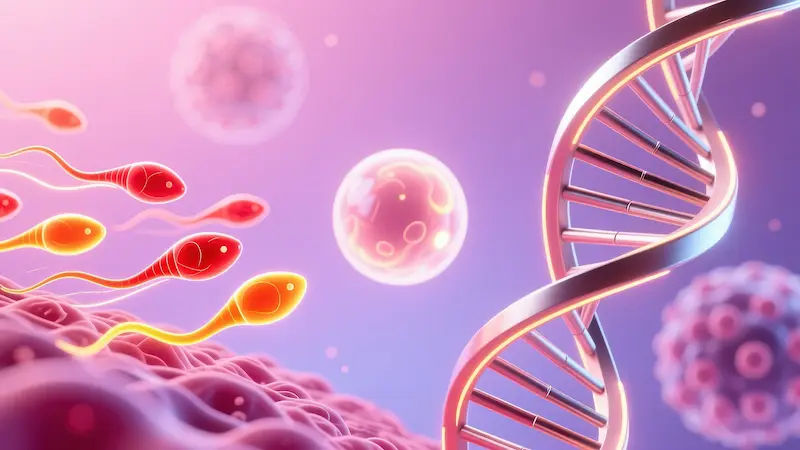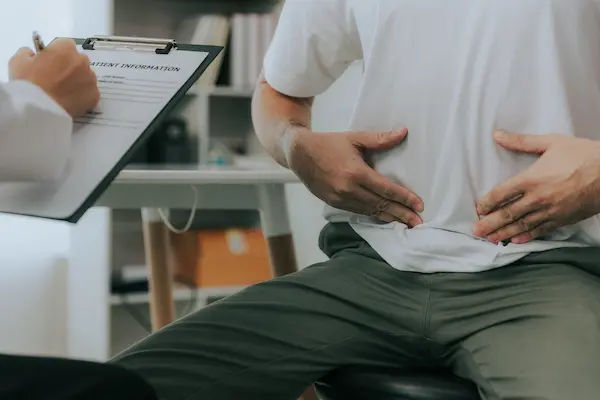- male
- 30 Years
- 22/01/2025
I'm really concerned about the duration of my sex intercourse. It seems way too shortusually about 25 to 30 seconds at most. I'm curious about what the average time is for other people and would really appreciate some advice on how to improve this situation. Any suggestions or solutions would be super helpful.
Answered by 1 Apollo Doctors
consult neurologist
Dr. Mubarak Suggests...
Consult a Urologist
Answered 04/07/2025
0
0

More Urology Health Queries
View allMy frenulum feels really tight and I can't pull back my foreskin properly is this phimosis? Would I need surgery to fix it?
Circumcision is the best solution for the same
Answered by 1 Apollo Doctors
I've been noticing that every 34 days or so, this white substance appears under my foreskin, just below the head of my penis. It smells pretty strong, and I have to clean it regularly. I usually just use water to wash it off. I'm a bit worriedcould this be some kind of infection? Is it something harmful to my penis? What should I do about it?
it is Urinary track infection take antibiotic
Answered by 1 Apollo Doctors
I'm experiencing something odd when I go to the bathroom. Occasionally, I find myself short of breath while I'm urinating. It's not a constant issueit last happened about five months ago, and it's only occurred a few times in total. I don't have any medical history that might explain this. Could you give me some idea of what might be causing this and what remedies I might try? Also, if you think I should see a specialist, what kind of doctor would be best to consult?
Shortness of breath during urination can occasionally happen due to a vagal nerve response, anxiety, or even bladder issues. If it's infrequent and no other symptoms exist, it's usually harmless. However, consult a urologist or general physician to rule out underlying causes like prostate or cardiovascular concerns.
Answered by 1 Apollo Doctors
Disclaimer: Answers on Apollo 247 are not intended to replace your doctor advice. Always seek help of a professional doctor in case of an medical emergency or ailment.

.webp)



